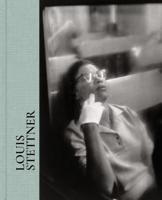Publisher's Synopsis
The everyday practice of photography by millions of amateur photographers - the family snapshots, the holiday prints, the wedding portraits - may seem to be a spontaneous and highly personal activity. But Bourdieu and his associates show that few cultural activities are more structured and systematic than the social uses of this ordinary art.
This perceptive and wide-ranging analysis of the practice of photography brings out the logic implicit in this cultural field. The norms which define the occasions and the objects of photography serve to display the socially differentiated functions of, and attitudes towards, the photographic image and act. For some social groups, photography is primarily a means of preserving the present and reproducing the euphoric moments of collective celebration, whereas for other groups it is the occasion of an aesthetic judgement, in which photos are endowed with the dignity of works of art.










